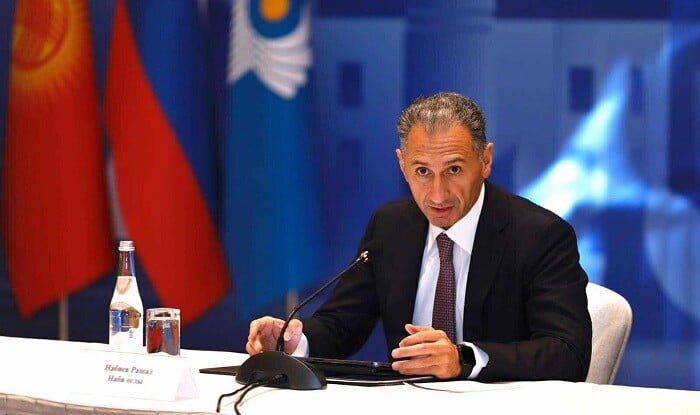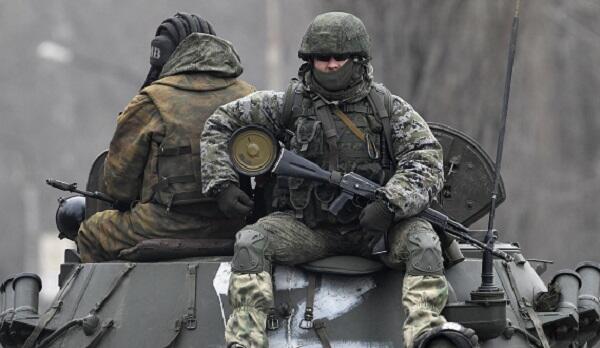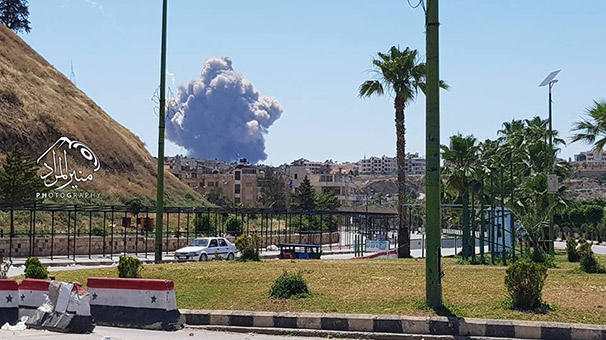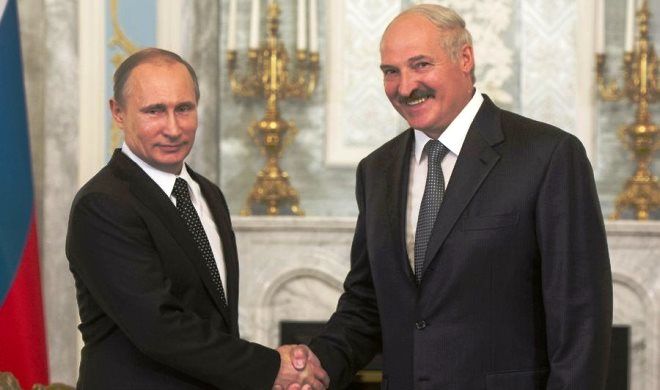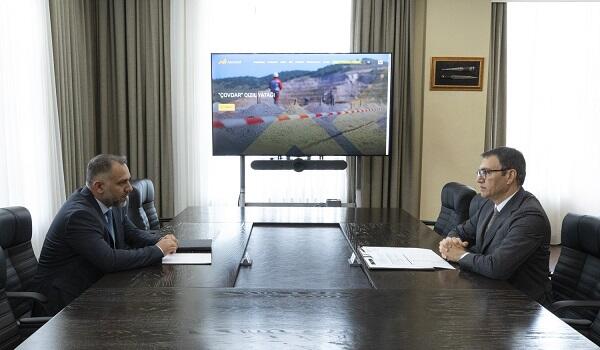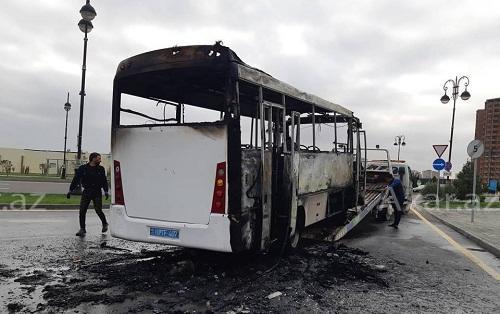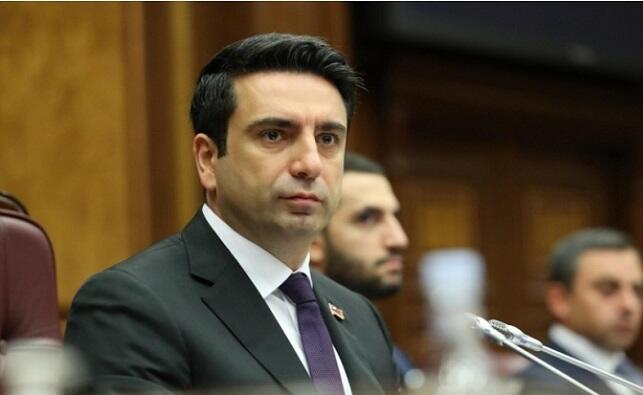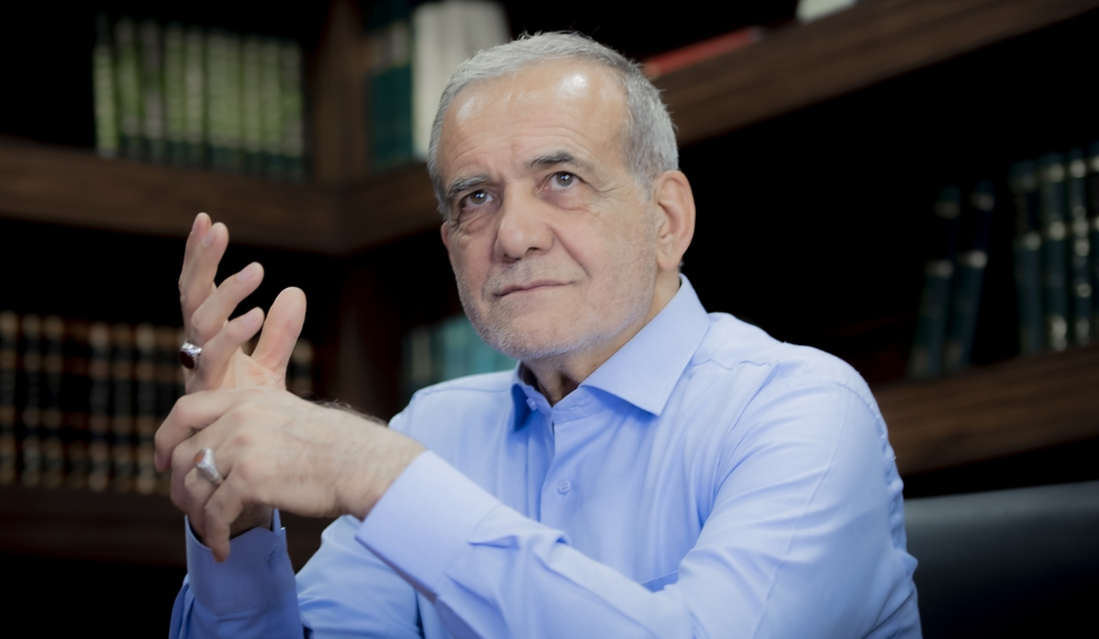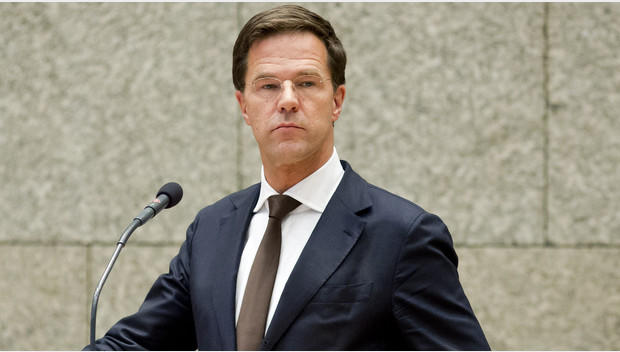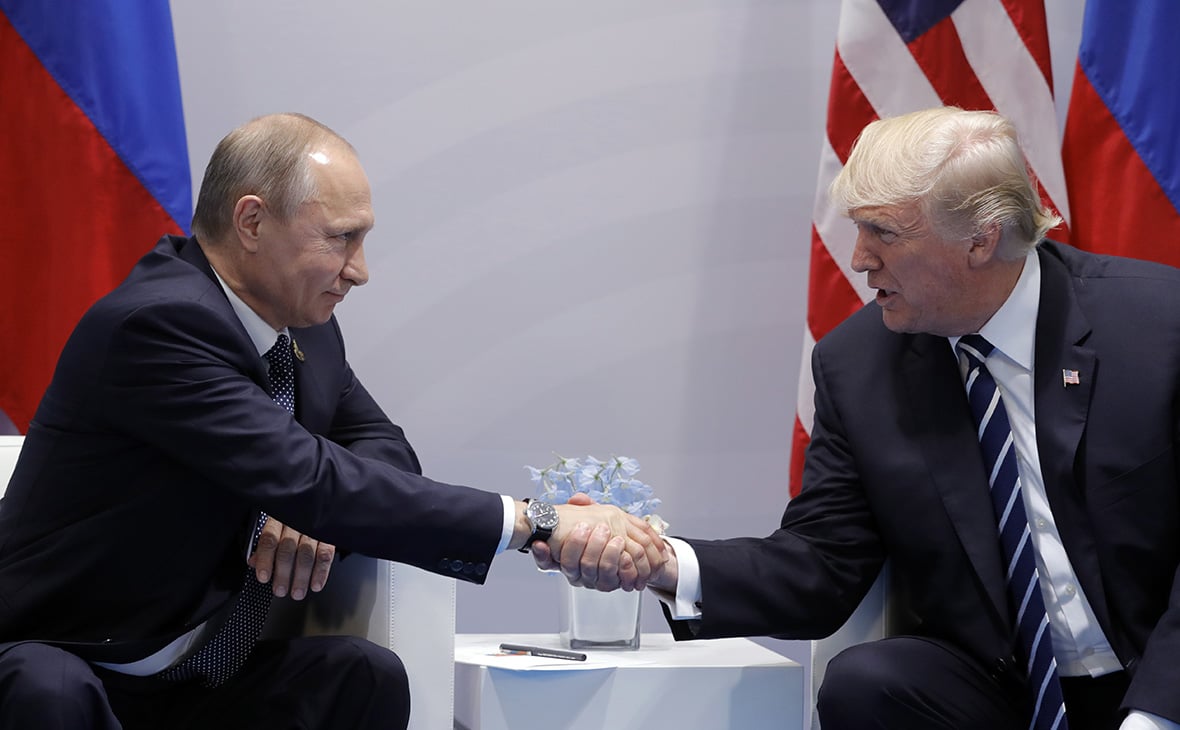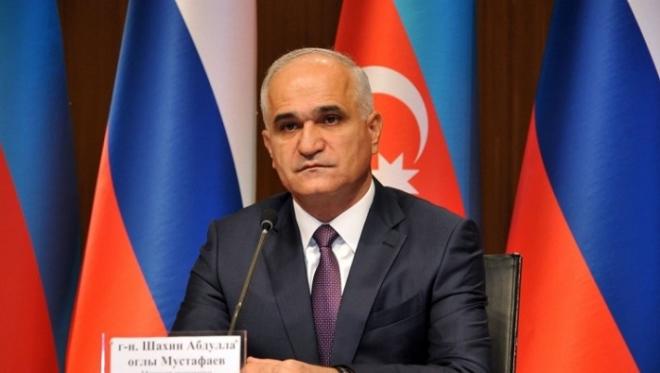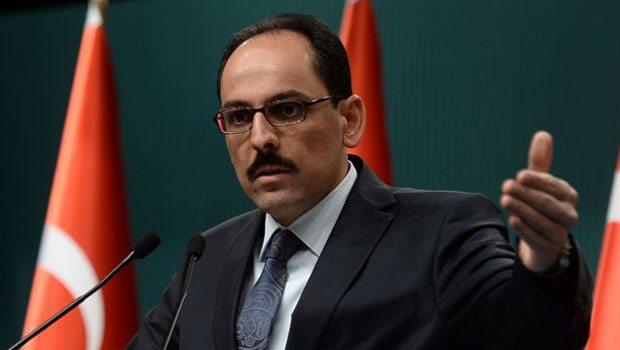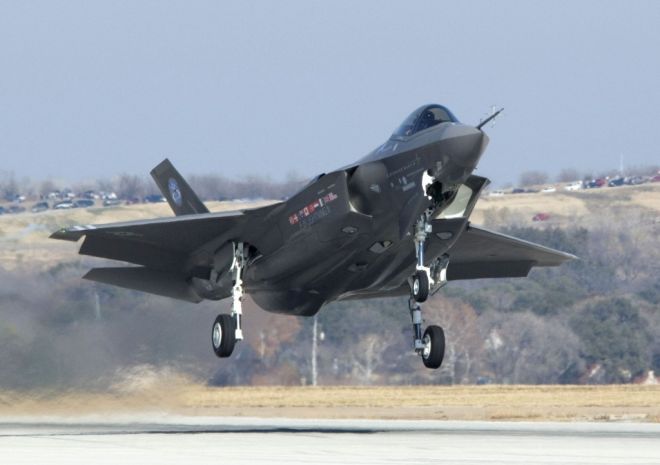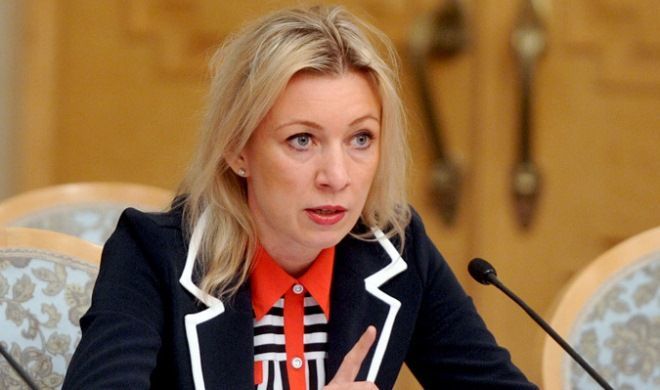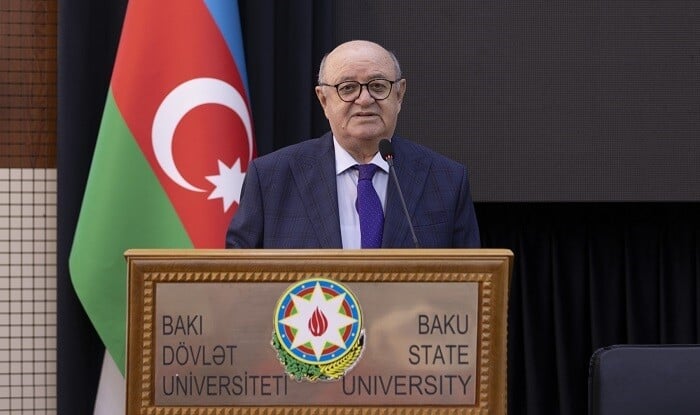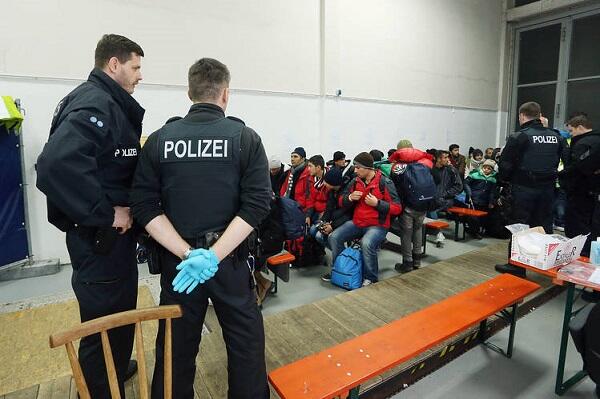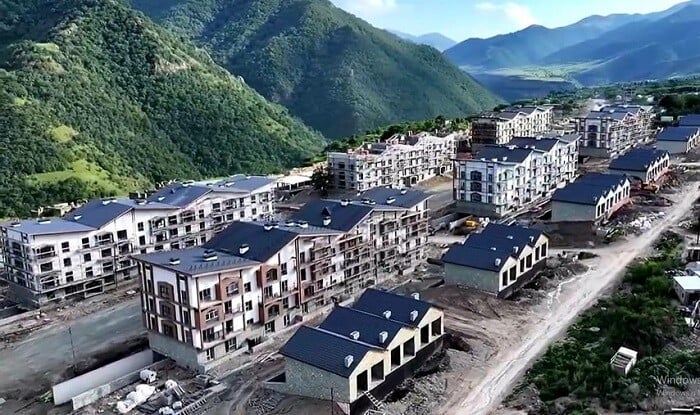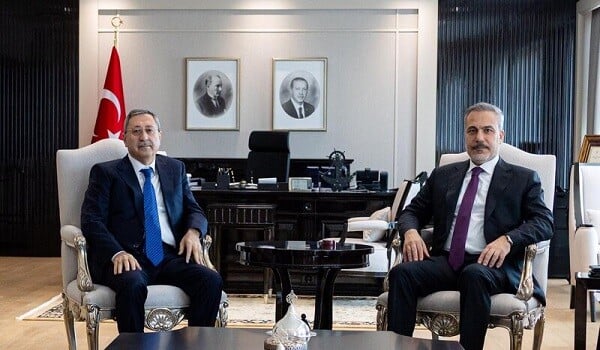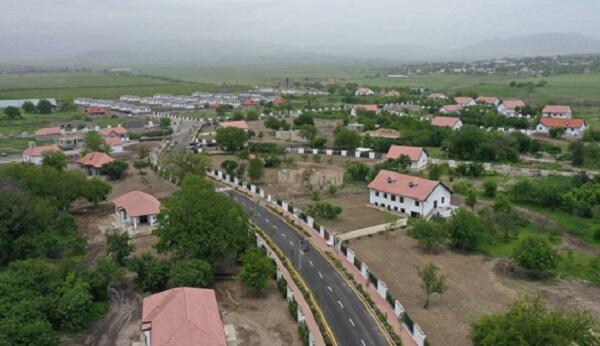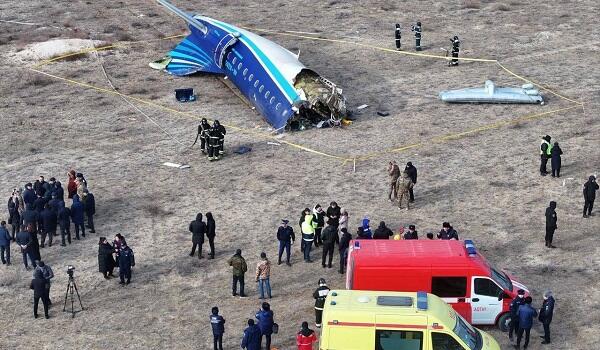The 83rd meeting of the Railway Transport Council of the Commonwealth of Independent States (CIS) member states was held in Baku on November 25-26.
Axar.az reports that the event was attended by the railway administrations of Azerbaijan, Russia, Belarus, Kazakhstan, Kyrgyzstan, Tajikistan, Turkmenistan, Uzbekistan, Georgia, Iran, Armenia, Latvia and Estonia, as well as the leadership of the Organization for Cooperation in Railways (OSJD), the Executive Committee of the CIS, and the International Confederation of Railway Workers' Trade Unions.
Speaking at the meeting, Chairman of Azerbaijan Railways CJSC Rovshan Rustamov emphasized that cooperation in the field of transport and logistics between the CIS countries is one of the main factors of the economic integration of the region, and improving mutual activity in railway transport serves the stable development of the region as a whole.
The Chairman of ADY noted that in recent years, large-scale work has been carried out towards the development of international corridors passing through the territory of Azerbaijan. Strategic projects on the Baku-Tbilisi-Kars railway, the Middle Corridor, and the North-South transport corridor have secured Azerbaijan’s leading position on the global transport map:
“ADY continues its work on infrastructure construction to further streamline operations on the Middle Corridor, including the successful transition of the Baku-Boyuk Kesik line, the main trunk railway in the East-West direction, to alternating current. The Baku-Tbilisi-Kars railway is already operating as a reliable bridge between Europe and Asia. After the modernization of the BTK line, the annual cargo capacity of this line has been increased from 1 million to 5 million tons. The reconstruction of the Sumgayit-Yalama railway line, an important segment of the North-South corridor passing through Azerbaijan, will be completed by the end of the year. ADY has also carried out major works on the construction of the Astara Terminal in Iran, and the construction of the terminal will be completed in the first quarter of 2026.”
R. Rustamov said that the Baku International Sea Port, which was integrated into the ADY since February of this year, is today one of the main nodes ensuring the integration of not only Azerbaijan, but also the region as a whole into the global trade chain. It is planned to increase the throughput capacity of the Baku Port, which is one of the main pillars of the sustainable and efficient operation of the Middle Corridor, from 15 million to 25 million tons per year.
Minister of Digital Development and Transport Rashad Nabiyev said in his speech that Azerbaijan attaches great importance to the development of transport policy together with member countries, increasing the competitiveness of the logistics chain, and forming new routes. The Minister spoke about the importance of the Agreement on Cooperation for the Development of Transit Freight Transportation along the “North-South” International Transport Corridor, signed between Azerbaijan and Russia in Moscow on December 21, 2024, as well as the work done to improve the railway infrastructure on the part of the North-South and Middle Corridor passing through Azerbaijan.
It was noted that large-scale infrastructure projects implemented in our country in recent years have significantly changed the transit map of the region. Renewed railway lines, modern terminals and digital management systems increase the efficiency and safety of transport.
The meeting discussed the issues on the agenda. The main topics of the discussions were the activities of the CIS railway network in the first nine months of 2025, the development of international passenger transportation, the formation of freight and container trains for international transportation, the development of international transport corridors, the international freight tariff policy for 2026, financing, scientific research and improvement programs, and other issues.
Participants stressed the importance of increasing transparency and synchronization in logistics processes across the region, noting that the coordination of the tariff policy for 2026 is of strategic importance in terms of competition in international freight transportation and optimization of transit flows.
At the end of the event, the minutes of the meeting were signed.
